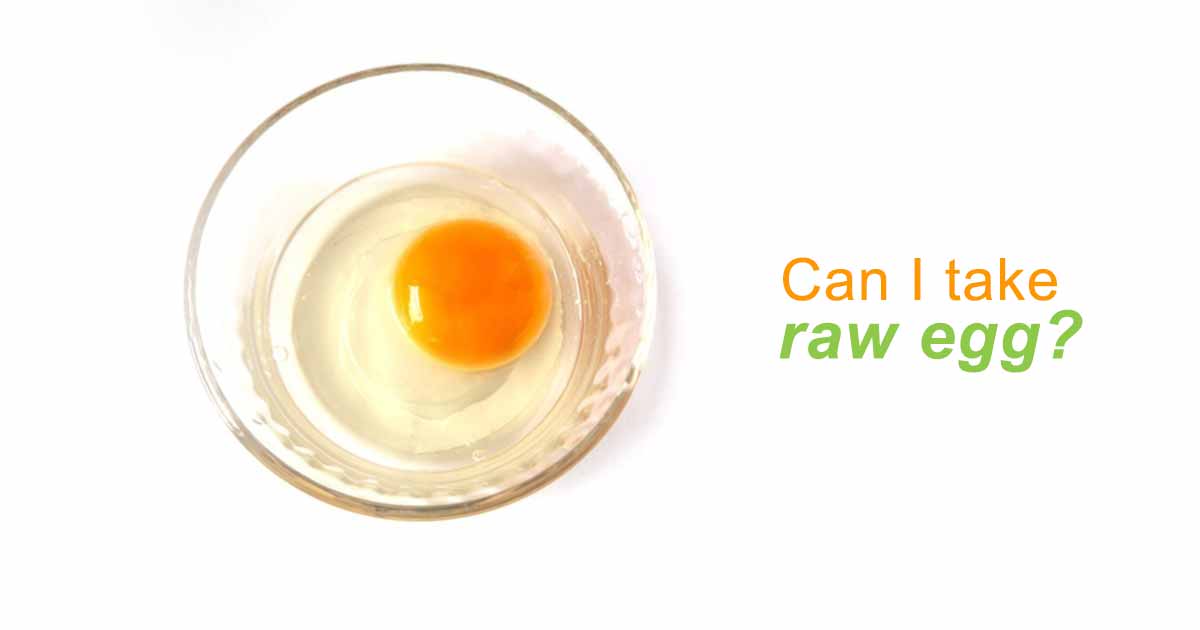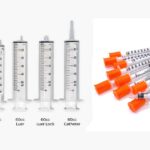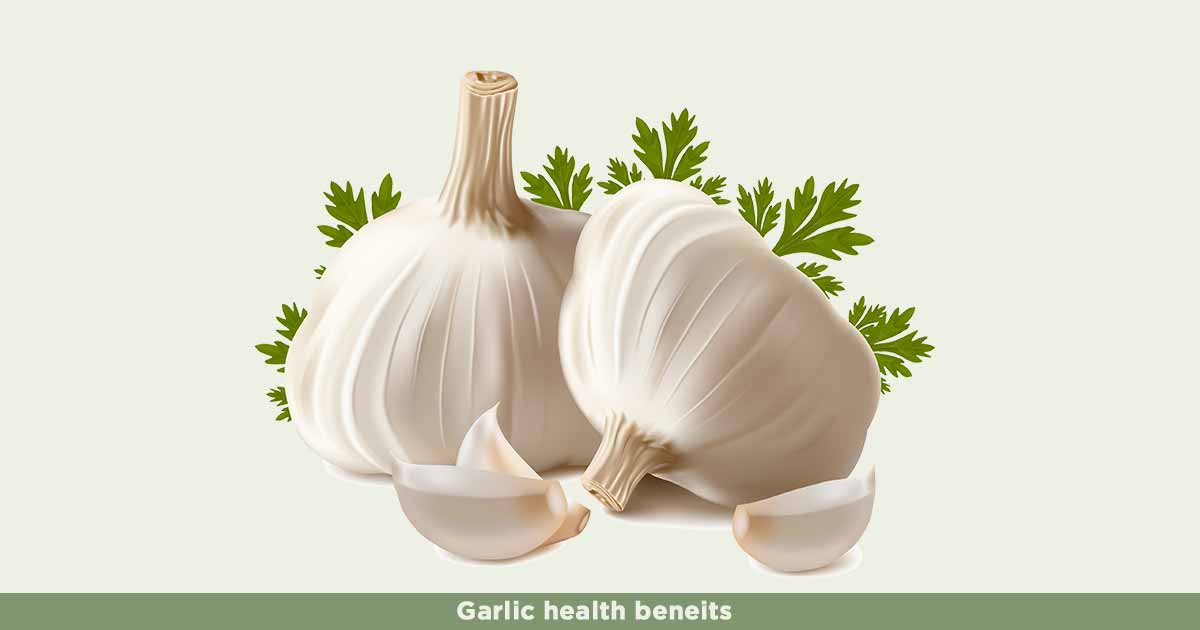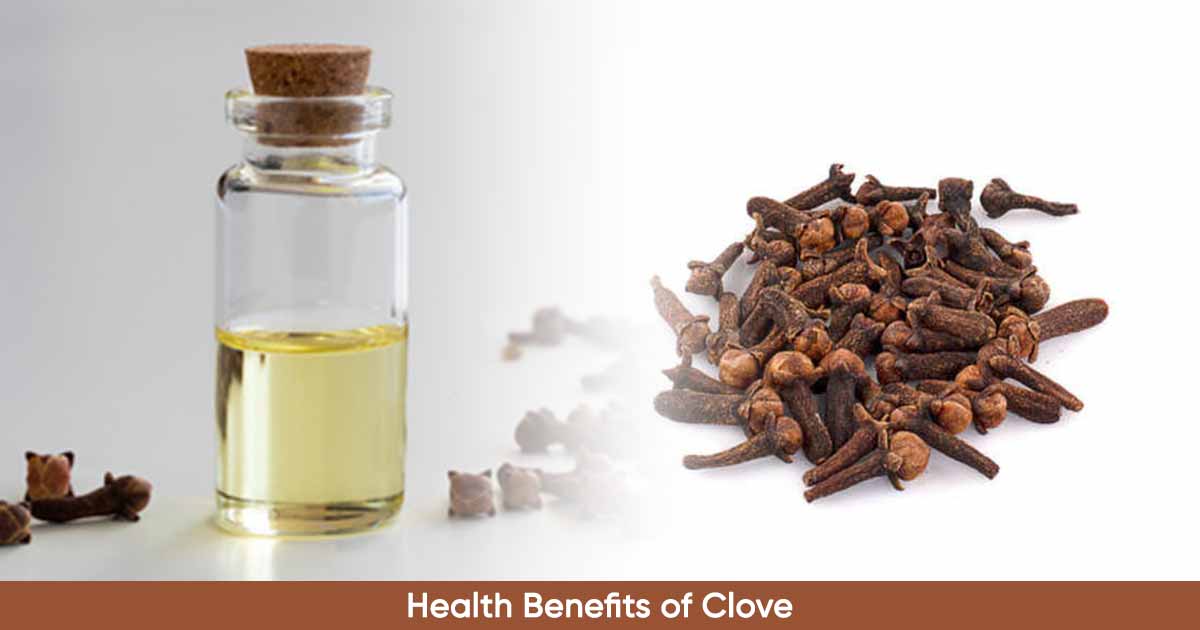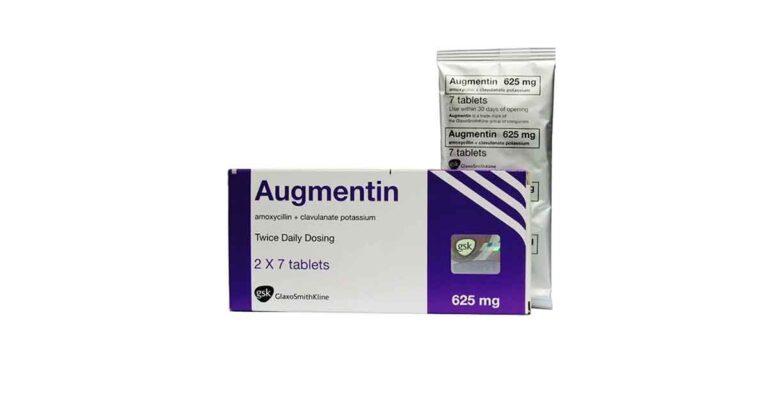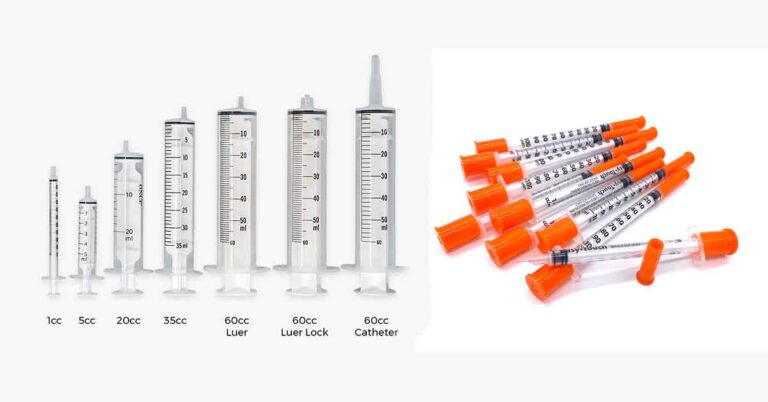Bakeries, restaurants and catering service providers use raw eggs to make products. Some people also take it raw or mix it with other drink and food. But the question is, “how healthy is eating of raw egg?”
It is important to be careful when preparing food with raw egg because of the incidence of food-borne diseases. These food-borne diseases can occur with drinking raw eggs, desserts made without cooking effectively e.g. fried ice cream, tiramisu, and egg dressing and sauces e.g. mayonnaise, egg butter.
Constituent of Egg
Egg contains a lot of both micro and macronutrient. The nutrient may vary from place to place but are quite comparable. The main constituent of the egg is water. It has no dietary fiber. The egg yolk and egg white have an equal distribution of proteins, but the egg yolk contains lipids, minerals, vitamins.
Egg contains protein, vitamins (A, B12, riboflavin, choline), minerals such as calcium, phosphorus, potassium, sodium, trace elements such as copper, iron, zinc, manganese, selenium, magnesium, and energy of 140 kcal per 100 g. Egg proteins have antimicrobial, anticancer, antioxidant properties, and is good for normal body function and immunity.
READ ALSO: Is Instant Noodles Healthy and Safe? Discover!
Egg is healthy for both the young and elderly, contrary to the early belief that egg contains high cholesterol that can increase the risk of cardiovascular diseases.
However, people suffering from diseases such as diabetes, high blood pressure should monitor their intake. Some allergens in the egg white such as ovalbumin, ovomucoid, lysozyme can cause food allergy in children less than 5 years. The hypersensitivity disappears with years.
Raw Egg Composition
| Constituent | Percentage |
| Protein | 12.6% |
| Fat | 9.5% |
| Water | 76.1% |
| Ash | 1.1% |
| Carbohydrate | 0.7% |
How Safe is Eating Raw Eggs?
It is safe to say that raw egg is not fit for human consumption due to potential health risks.
1. Lack of Digestion: Egg constituent are digestible but small quantity of the proteins cannot be assimilated in the body easily, especially if we consume it raw. By heating the egg, the structural protein is denatured, and improves the digestibility of egg protein.
2. Risk of salmonellosis: Egg, egg products are associated with salmonellosis, the second most important zoonotic infection (disease transmitted from animals to humans) after Campylobacteriosis. It contaminates shelled eggs and especially cracked eggs. Poor storage can increase the risk of this contamination. Salmonellosis on the eggshell surface also spread to the hand and other food.
Symptoms of salmonellosis include nausea, vomiting, abdominal cramps, diarrhea. It could be life-threatening in a vulnerable population such as the elderly above 65 years, children below 5 years, pregnant women and immunocompromised individuals.
Because of this, raw egg should not be used to make mayonnaise or ice cream, icing on cakes, binding for sandwich fillings, desserts like tiramisu, and other delicacies where the eggs are lightly cooked.
To prevent salmonellosis and contamination of raw eggs, you should:
- Make sure you purchase eggs without cracks, break, or is poorly packaged.
- Use vinegar or lemon juice to acidify raw eggs to a pH of 4.2 or lower. Use the pH meter to check the pH.
- Store the acidified eggs at the temperature of 5°C or lower.
- Discard unused acidified raw eggs after 24 hours.
- Do not wash or wipe eggs as this introduces contaminants.
- Keep eggs away from other food items.
- Wash the kitchen utensils used to handle raw eggs immediately with warm soapy water.
Alternative to Raw Egg
There are pasteurised egg formulation such as salted egg yolk for mayonnaise, sauces, sugared egg yolk for desserts, and liquid, frozen or dried forms of processed whole eggs, egg whites and egg yolks.
These are raw egg products but are pasteurised. They achieve this by quickly heating at 140°F(60°C) to kill the bacteria, but without sufficient heat to cook the eggs.
Can I take Raw Egg?
The answer is no. Raw egg may cause salmonellosis, an infection of Salmonella bacteria that can lead to symptoms such as diarrhea, chills, abdominal pain, fever. It can be severe. Cooking also makes it easy for the body to digest some proteins in the egg.
Instead of eating raw eggs, you can buy pasteurised eat-in-shell eggs without cooking them.
Benefits of Drinking Raw Egg and Malt?
Some people take a raw egg with malt drink with the erroneous belief that it will boost blood volume and production. There is no scientific evidence to back this claim.
Malt drink has vitamin C, calcium, folate, fat, protein, sodium, and carbohydrates. These nutrients are good for normal body function but do not cause radical boost in blood production. Raw milk is not healthy for the body.
Can I take Raw Eggs and Milk?
This is also another erroneous belief, especially among body builders. They believe taking raw milk and egg can boost the muscles. However, raw egg and milk can cause Biotin deficiency as the protein in the egg binds with biotin, reducing its absorption.
The egg may cause salmonellosis and digestive issues.
References:

